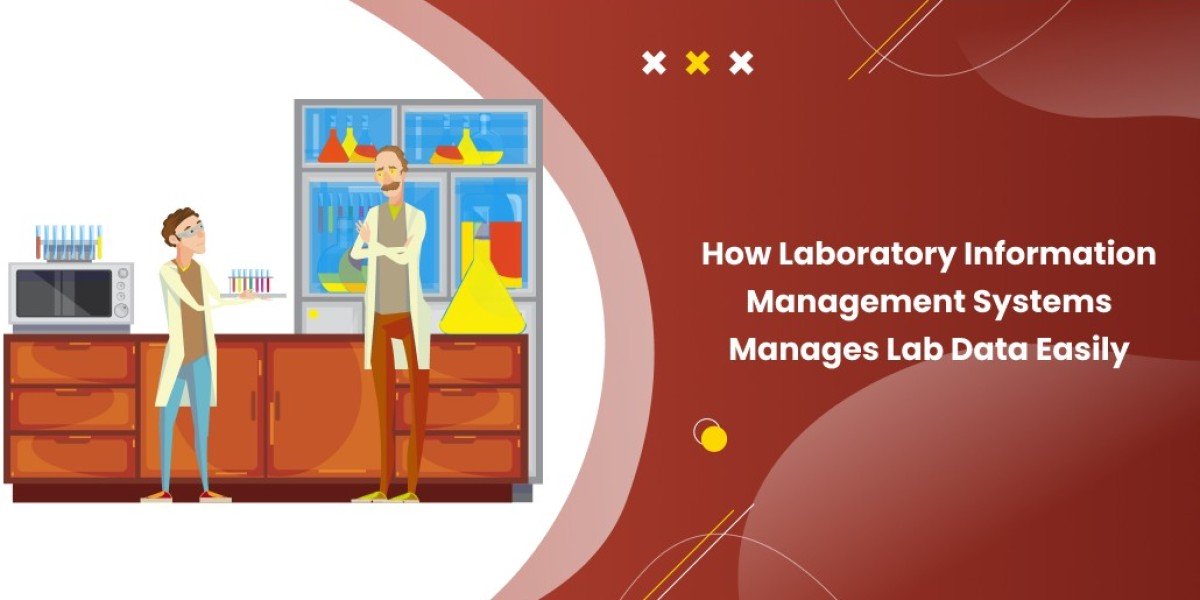Effective management of lab data is imperative for today's laboratories, and a Laboratory Information Management System takes center stage. By combining Laboratory Billing Software and Pathology Lab Software, and demonstrating how a LIMS Play In Healthcare, the lab can have smooth data management. Knowing the advantages of a Laboratory Information Management System means that labs can make informed decisions based on their workflows, such as Laboratory Information Management System in pharmacy environments.
All Patient Appointments in One Place
A Laboratory Information Management System consolidates all patient appointments into one streamlined environment. By integrating scheduling, billing, and test management, it improves departmental coordination. It streamlines patient navigation, minimizes booking mistakes, and increases staff efficiency. Clinics and laboratories with a LIMS Laboratory Information Management System enjoy seamless operations and improved communication, leading to patient satisfaction and effective care delivery.
Integrated Appointment Scheduling
The Laboratory Information Management System links patient scheduling to laboratory workflow, reducing manual coordination. Through automation, accuracy increases and administrative burden is reduced, further underscoring the advantages of a Laboratory Information Management System for healthcare operations.
Linked Billing and Orders
Through its integration with Laboratory Billing Software, the Laboratory Information Management System properly bills services as a function of appointments and test orders. Such alignment demonstrates the manner in which a LIMS play in healthcare solidifies fiscal processes without undermining patient transparency.
Centralized Patient Records
Pharmacy Laboratory Information Management System maintains a consolidated record of patient appointments, tests, and results. This single view facilitates enhanced clinical decisions and enhanced patient outcomes, highlighting the advantages of a Laboratory Information Management System in all healthcare environments.
Data Security
Including encryption, role-based access controls, and audit logging, a Laboratory Information Management System fosters data security. These capabilities guard sensitive patient data from unlawful uses and violations. Laboratories employing a LIMS Laboratory Information Management System show operational efficiency and patient trust while also complying with healthcare privacy laws.
Role-Based Access Controls
The Laboratory Information Management System restricts access to data based on roles, allowing only authorized individuals to view or modify information. This method protects patient information while demonstrating the compliance-related advantages of a Laboratory Information Management System.
Encrypted Data Storage
Laboratory Information Management System stores data encrypted to avoid unauthorized access. In addition to Pathology Lab Software, the step adds strength to cybersecurity, showing how a LIMS Play In Healthcare protects lab and patient data.
Complete Audit Trails
All operations inside the Laboratory Information Management System are traced for traceability. This audit trail enhances accountability and transparency, validating the advantage of a Laboratory Information Management System towards regulatory compliance.
Lab Reporting Made Simple & Fast
Laboratory Information Management System reports are simplified by automation, electronic templates, and web-based delivery. Turnaround time is cut with this computerization, with more accuracy. It is advantageous to clinicians and patients both, providing them with timely, accurate lab reports backed by Laboratory Billing Software and Pathology Lab Software integration.
Automated Report Generation
The LIMS Laboratory Information Management System automatically generates reports from approved lab results, cutting out manual actions and minimizing errors. Automating this process shows how a LIMS Play In Healthcare enhances lab productivity and report quality.
Digital Report Delivery
Reports are electronically presented by portals or email within the Laboratory Information Management System, improving access. Through integration with Laboratory Billing Software, labs offer quicker access to reports, demonstrating the value of a Laboratory Information Management System.
Report Review and Approval
Supervisors sign off reports directly in the Laboratory Information Management System, where they can ensure accuracy prior to release. Coupled with Pathology Lab Software, this activity enhances quality assurance and compliance and highlights another advantage of a Laboratory Information Management System.
Conclusion
A Laboratory Information Management System revolutionizes laboratory processes by making data handling easy, secure, and efficient. Through the incorporation of key software such as Laboratory Billing Software and Pathology Lab Software, the system equips laboratories to automate procedures, protect sensitive information, and offer prompt reporting. Advantages of a Laboratory Information Management System include greater precision, improved compliance, accelerated turnaround, and improved patient care.
From its use in clinical labs to highly specialized pharmaceutical environments such as the laboratory information management system in pharmacy, the solution can accommodate changing healthcare demands. Selecting a LIMS Laboratory Information Management System keeps laboratories competitive, compliant, and effective in providing quality-driven, data-supported healthcare services and protecting patient confidence and regulatory standards.








